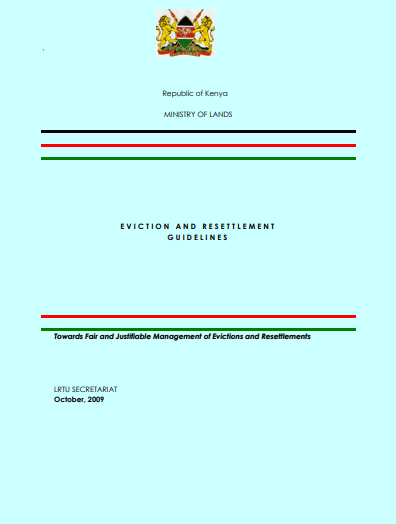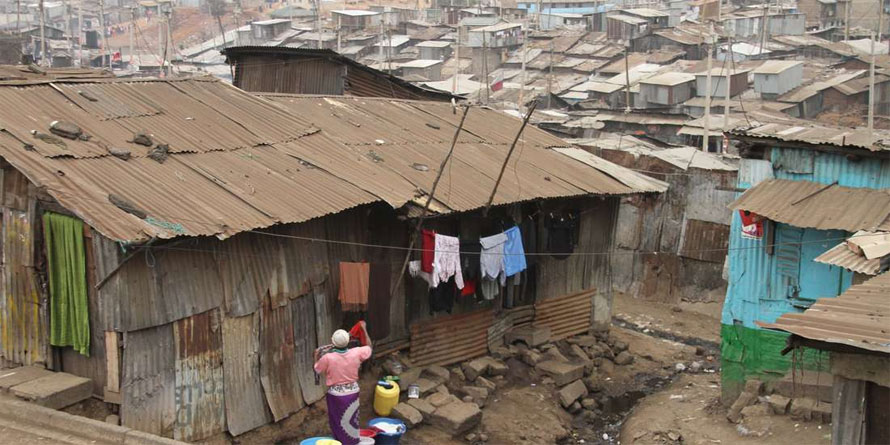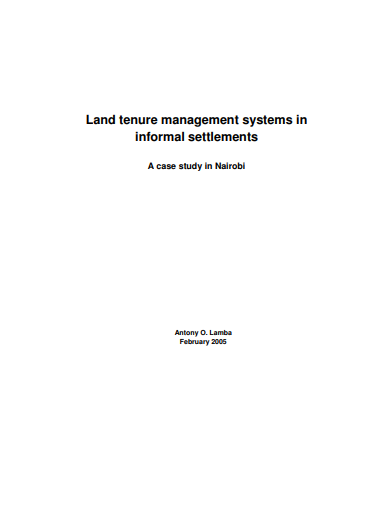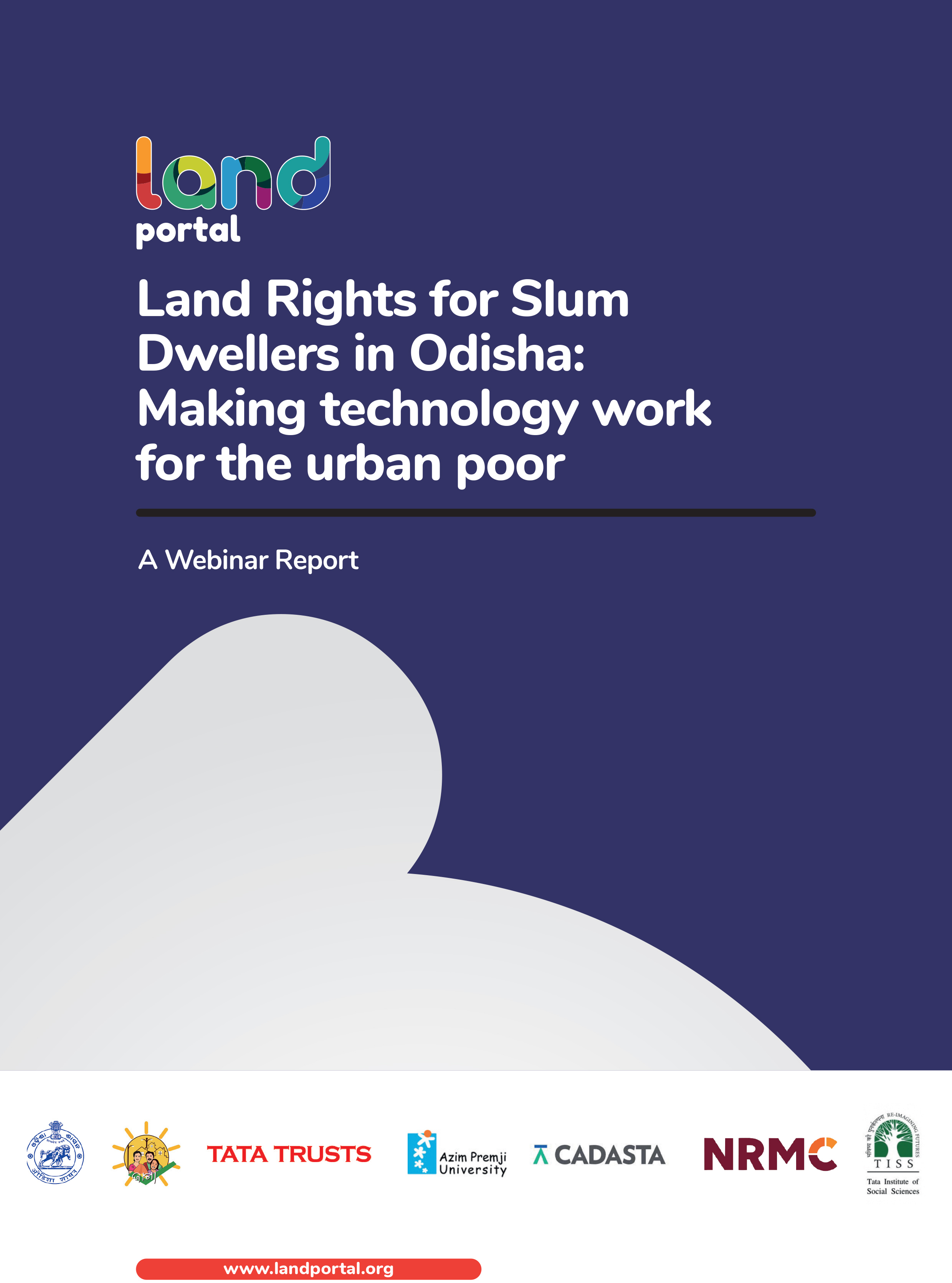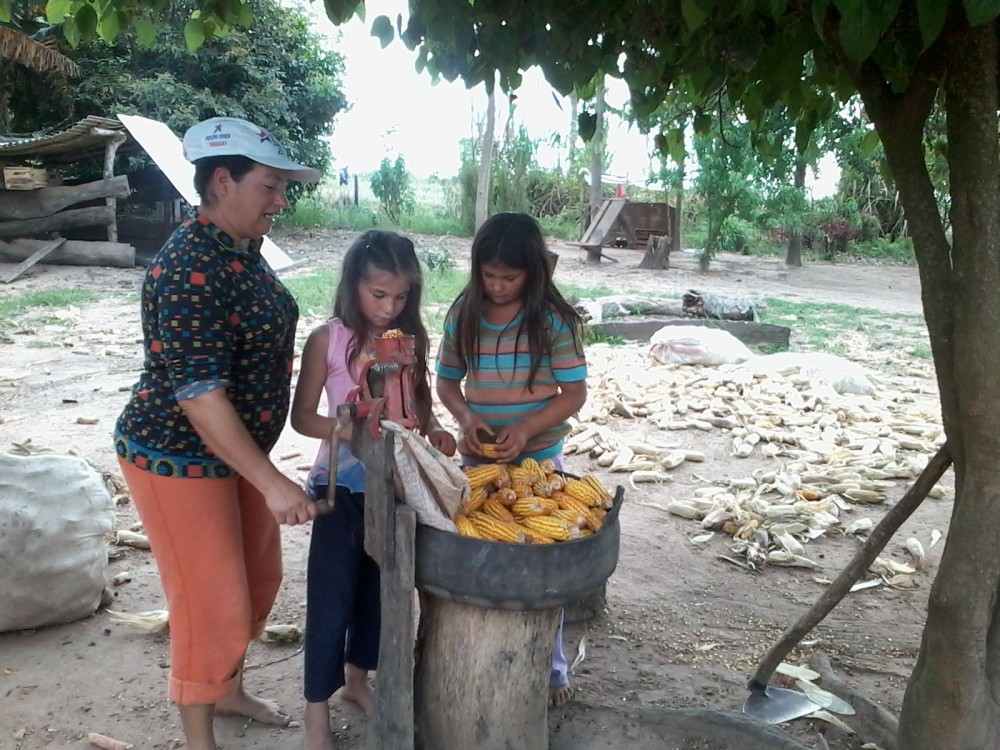E V I C T I O N A N D R E S E T T L E M E N T G U I D E L I N E S
The practice of forced eviction is a global phenomenon. Between 1995 and 2005, a survey covering only ten countries, showed that over ten million people were forcibly evicted. These people were left homeless and subject to deeper poverty, discrimination and social exclusion. A number of such evictions involve entire communities of tens or even hundreds of thousands of people. Such communities are invariably evicted against their will and in most cases without any compensation or alternative housing.

